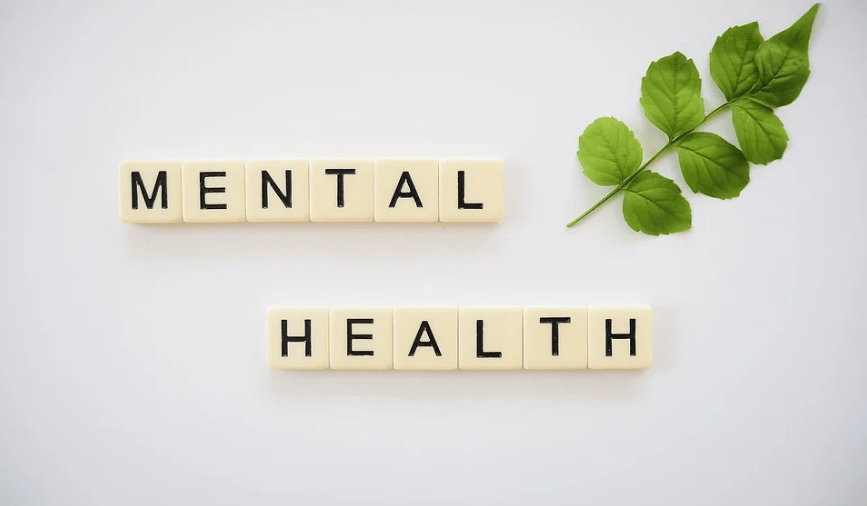Everything from where you live to the weather in your region, your work environment, and the social climate can influence your mental health. These places you spend most of your time in can significantly impact both your physical and psychological well-being.
An excellent environment nourishes our emotional and mental health by giving us a safe and comfortable sleeping, living, and working space while reducing stressors that may cause short-term and long-term problems.
It’s essential to have a positive environment for mental health because poor mental health is associated with at least 8,000,000 deaths in the world every year.
By creating a better space for ourselves, we may achieve a better sense of inner peace, clearer thoughts, improved moods, and reduced risks of anxiety and depression. One of the easiest ways to keep your home safe from the harmful effects of radiation is to install wifi radiation blocker.
Here are ten ideas for creating a healthier environment for mental health:
Learn About Mental Health
Please educate yourself on mental health to prepare you to recognize the different signs and symptoms in yourself and others in advance to arm yourself with knowledge on healing from them.
There are plenty of sources everywhere, from the internet to mental health experts.
Ensure an organized and clean home environment
As the saying goes, “A cluttered space is a cluttered mind.” A cluttered environment may overwhelm you and induce anxiety, while tidier areas invoke a sense of serenity.
Here are other ways to establish a good environment:
- Purchase indoor plants to display on occupied areas
- Furnish your home with elements of brick, stone, wood, terracotta, and other natural components to incorporate nature into your environment.
Improve Your Sensory Environment
The sounds, smells, lighting, color palette, and temperature of an environment are essential in making you feel safe, comfortable, and relaxed. For instance, loud noises and harsh lighting can make you feel unmotivated, especially during winter.
Choose a Quiet Area at Home
If there’s ample room space, designate an area as a reading, contemplative, or quiet space for non-work-related purposes.
It can also be your own “No Social Media” zone to get away from the stresses of Twitter, Facebook, Instagram, and other social media.
Take Naps
Take as many naps as you needed in the afternoon. It can be a 10- or 20-minute nap. It is highly recommended for adults over 18 to get around seven to nine hours of sleep every day, but this can be insufficient, which is why there is a need for naps during the afternoon.
Take a 10 to 20-minute nap to restore your mental focus and energy. Set the alarm to make sure you don’t surpass the 30-minute mark, as it can disrupt your evening sleep cycle.
Also, make sure to find a relaxing and comfortable environment that boosts restfulness. Consider writing down your thoughts in a notebook to clear your thoughts and make napping easier.
Surround Yourself with the Right People
Conflicts, unreliable people, or miscommunication in the environment can sometimes be hard to manage. Sharing a space with people you trust, such as your friend or roommate, a loved one, a partner or spouse, can provide you with a sense of calmness.
Keep Familiar Objects as Positive Associations
Old feelings of anxiety and stress may get triggered when faced with reminders of disorganization or a problematic relationship. However, you may feel a sense of connection and a boost in your mood by keeping familiar objects such as photos or a family keepsake that bring positive associations to the environment.
Allocate 30 minutes to Hone a Hobby Everyday
Allow yourself to focus on doing something productive each day. Encourage habits that provide hope and joy when you’re struggling with your mental health. Some of the pastimes for you to try are:
- Writing
- Reading
- Music (singing, songwriting, playing an instrument)
- Cooking
- Painting
- Exercising
- Sculpting
Make Use of Nature and the Outdoors
Consider going outdoors to expose yourself to sunlight, green spaces, and water bodies, and giving yourself an ample amount of time outdoors improves and regulates your mood.
Also, a change in daily routine and scenery can be an effective and powerful way of helping those grappling with their mental health. Removing yourself from a negative and stagnant situation may help you see things from a clearer point of view than when you’re stuck in it.
Connect with People You Share Cultures and Values With
People must connect with those that also share their culture and values to be deeply understood. Otherwise, depression and feelings of isolation may arise.
Change Your Perception
Sometimes, it may be easier to blame the weather, a toxic workspace, or a disorganized home for your deteriorating psychological well-being. However, your perception of the situation adds as much to how you’re feeling. If you can’t alter something regarding your environment, you must reconstruct your beliefs about it. Focus instead on what’s working and assisting you in your current space.


